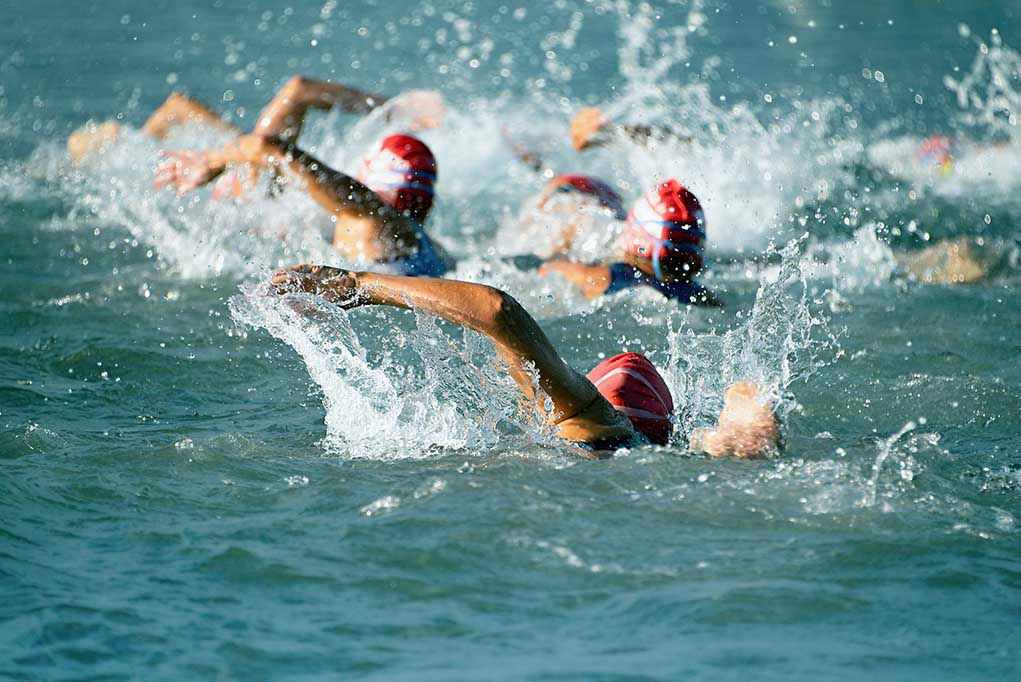
The fight for fairness in women’s sports heats up as Florida’s Attorney General takes on U.S. Masters Swimming over male participation in female events.
At a Glance
- Florida Attorney General threatens legal action against U.S. Masters Swimming over transgender inclusion.
- Florida’s Fairness in Women’s Sports Act bars male athletes from competing in female sports.
- U.S. Masters Swimming must comply by July 29, 2025, or face a lawsuit.
- National debate intensifies as state laws clash with federal anti-discrimination policies.
Florida’s Stand on Sports Fairness
In a bold move that’s making waves across the country, Florida Attorney General James Uthmeier has taken a stand against U.S. Masters Swimming (USMS) over the participation of male athletes in female competitions. Citing the 2021 Fairness in Women’s Sports Act, Uthmeier demands that USMS immediately halt the inclusion of transgender women in women’s events. The letter, dated July 15, 2025, sets a deadline for compliance, threatening legal action if USMS does not certify in writing by July 29, 2025.
This isn’t just a local issue; it’s a flashpoint in the ongoing national debate about the integrity and fairness of women’s sports. The Fairness in Women’s Sports Act, enacted by Florida in 2021, set a precedent for similar legislation across the United States, pushing back against the leftist agenda that often prioritizes ideology over fairness and common sense. The act restricts participation in women’s sports to individuals assigned female at birth, a stance that aligns with the values of protecting women’s competitive opportunities.
The Legal Battle Ahead
The confrontation between Florida and USMS highlights a critical juncture in sports governance. USMS, a national nonprofit governing body for adult competitive swimming, is caught between state law and national guidelines. Florida’s demand could force USMS to revise its policies for competitions held within the state, potentially excluding transgender women from participating in women’s events. The prospect of a lawsuit looms large, with implications for both legal liability and the organization’s reputation.
As the deadline approaches, USMS’s response remains to be seen. The organization must navigate the complex interplay of state legislation and federal anti-discrimination laws, all while maintaining its position as a leader in adult competitive swimming. The stakes are high, not just for USMS but for every sports body observing this unfolding drama. The outcome could set a precedent for other states to enact similar measures, challenging the status quo and demanding a reevaluation of policies that have long been taken for granted.
Implications for Athletes and Advocacy
The implications of Florida’s legal challenge are wide-ranging. For transgender athletes in Florida, the threat of exclusion from women’s competitions is immediate and tangible. Female athletes, whom Uthmeier claims to protect, may witness changes in competitive dynamics. The broader LGBTQ+ community, along with advocacy organizations, is likely to mobilize, turning to protests and campaigns to influence public opinion and policy.
The economic, social, and political impacts of this situation cannot be understated. Legal proceedings could incur significant costs for both USMS and the state of Florida. The potential loss of events in Florida due to non-compliance with state law could further exacerbate tensions. Nationally, the debate over transgender rights in sports is poised to intensify, drawing attention from all corners of the nation and potentially prompting federal courts to step in to resolve conflicts between state and federal laws.
The Bigger Picture
This legal skirmish is just one part of a larger cultural battle being fought across the nation. It’s a fight for the preservation of fairness in sports, a fight against the erosion of women’s rights, and a fight to uphold the values that many Americans hold dear. The actions of Florida’s Attorney General resonate with those who believe in protecting the integrity of women’s sports, ensuring that competition remains fair and just.
As this story unfolds, it serves as a stark reminder of the power dynamics at play. The Florida Attorney General wields significant influence within the state, with the potential to initiate lawsuits and enforce state laws. Meanwhile, organizations like USMS must tread carefully, balancing compliance with state legislation and adherence to national policies. The outcome of this battle will undoubtedly influence the future of sports governance in the United States, shaping the landscape for years to come.
Sources:
Official letter from Florida Attorney General James Uthmeier to USMS
Florida Attorney General’s official website
Florida Attorney General’s official news release
Media coverage from Space Coast Daily

